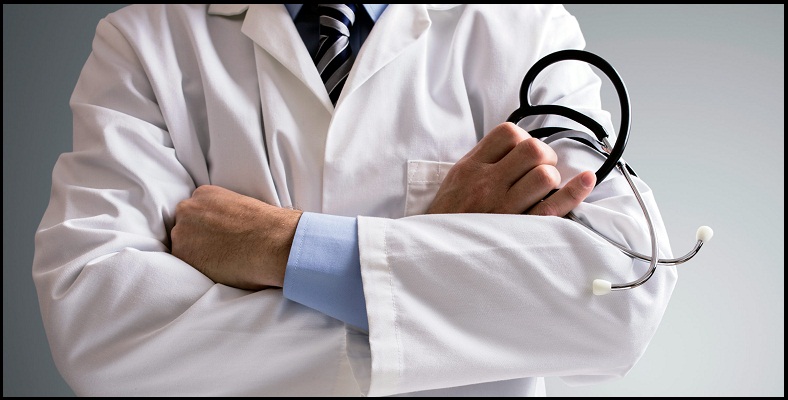
Polycystic Ovary Syndrome (PCOS)
- Description
- Faq's
What is polycystic ovary syndrome (PCOS)?
Polycystic ovary syndrome (say "pah-lee-SIS-tik OH-vuh-ree SIN-drohm") is a problem in which a woman's hormones are out of balance. It can cause problems with your periods and make it difficult to get pregnant. PCOS also may cause unwanted changes in the way you look. If it isn't treated, over time it can lead to serious health problems, such as diabetes and heart disease. Most women with PCOS grow many small cysts camera.gif on their ovaries. That is why it is called polycystic ovary syndrome. The cysts are not harmful but lead to hormone imbalances. Early diagnosis and treatment can help control the symptoms and prevent long-term problems.
What are hormones, and what happens in PCOS?
Hormones are chemical messengers that trigger many different processes, including growth and energy production. Often, the job of one hormone is to signal the release of another hormone.For reasons that are not well understood, in PCOS the hormones get out of balance. One hormone change triggers another, which changes another. For example:
- The sex hormones get out of balance. Normally, the ovaries make a tiny amount of male sex hormones (androgens). In PCOS, they start making slightly more androgens. This may cause you to stop ovulating, get acne, and grow extra facial and body hair.
- The body may have a problem using insulin, called insulin resistance. When the body doesn't use insulin well, blood sugar levels go up. Over time, this increases your chance of getting diabetes.
What causes PCOS?
The cause of PCOS is not fully understood, but genetics may be a factor. PCOS seems to run in families, so your chance of having it is higher if other women in your family have it or have irregular periods or diabetes. PCOS can be passed down from either your mother's or father's side.
What are the symptoms?
Symptoms tend to be mild at first. You may have only a few symptoms or a lot of them. The most common symptoms are:
- Acne
- Weight gain and trouble losing weight.
- Extra hair on the face and body. Often women get thicker and darker facial hair and more hair on the chest, belly, and back.
- Thinning hair on the scalp.
- Irregular periods. Often women with PCOS have fewer than nine periods a year. Some women have no periods. Others have very heavy bleeding.
- Fertility problems. Many women who have PCOS have trouble getting pregnant (infertility).
- Depression.
